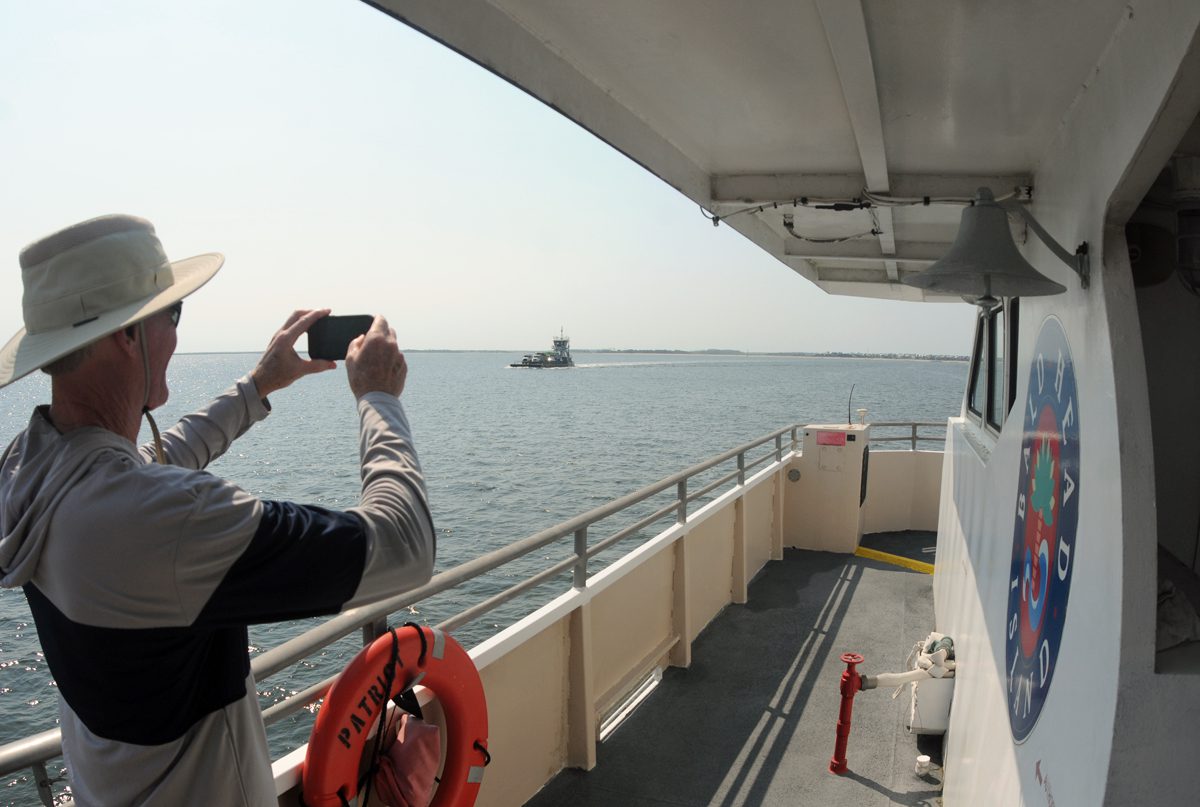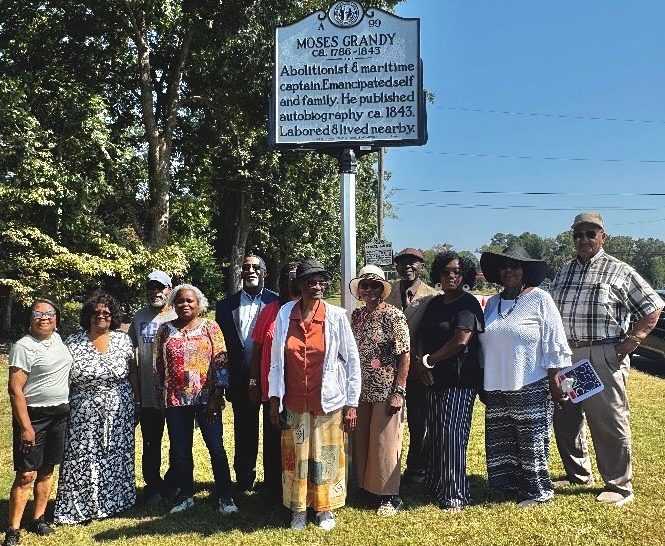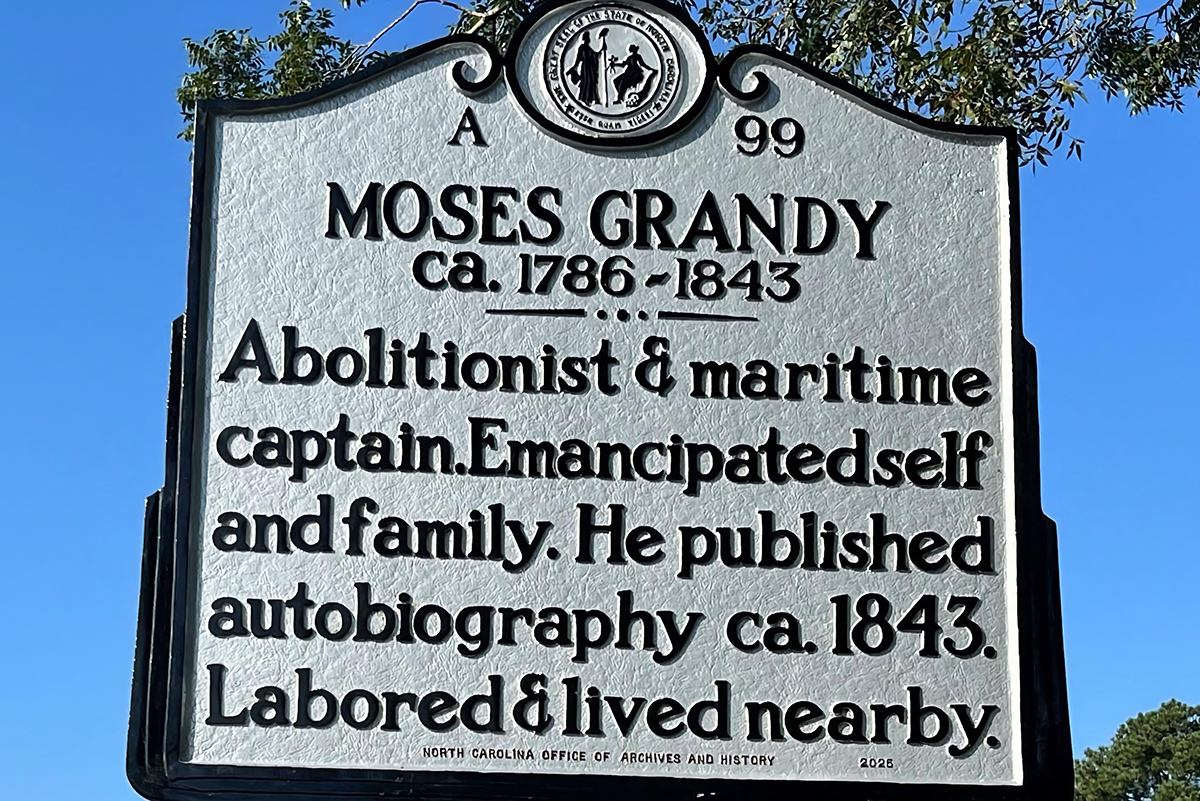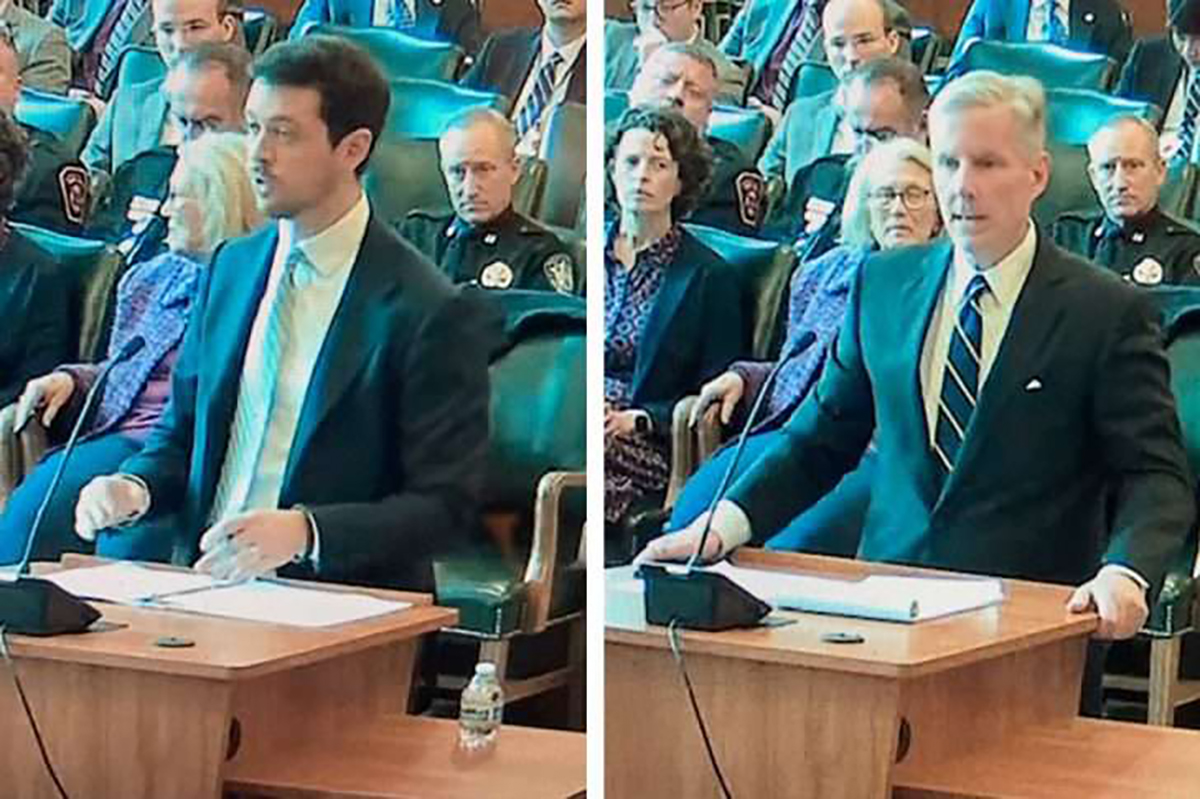
Bald Head Island ferry passengers may likely see a change to the ferry schedule later this year, but not one that would bump hourly departures to every 90 minutes.
Groups representing ferry passengers have reached a settlement with Bald Head Island Transportation Inc. to operate on a hybrid schedule, one where ferries would continue 30-minute runs between 6 a.m. and 9 a.m., shift to a 45-minute schedule at midday, and then resume half-hour departures at 6 p.m.
Supporter Spotlight
Additional runs would be made on weekends between Memorial Day through Labor Day, peak tourism season on the North Carolina coast.
Related: Bald Head Island ferry users say change would cut capacity
The proposal was submitted to the North Carolina Utilities Commission earlier this month with a request that the commission expedite a decision on the revised schedule. The contractor ferry schedule will not change. A system would be put in place to identify when contractor-class ticketholders are eligible to ride a passenger ferry.
If approved, the schedule would become effective Nov. 1.
The settlement, announced Sept. 13, temporarily cools months of pushback on the private transportation company’s initial revised schedule, which company President Chad Paul said would help improve on-time performance.
Supporter Spotlight
Paul explained in a presentation to Village of Bald Head Island Council earlier this year that increased demand for passenger ferry and tram service had resulted in ferry run delays.
In its Feb. 19 application to the utilities commission, the transportation company said its annual ridership between the mainland terminal at Deep Point Marina in Southport to the island has jumped from 570,000 in 2010 to 700,000 by 2019.
Last year, a record 782,000 passengers took the ferry. More than 3 million pounds of baggage were loaded by hand aboard ferries each year since 2021 and, last year, more than 4,500 larger items including bicycles, kayaks, canoes and “large luggage items” were transported, according to the application.
But several people who spoke during a hearing the utilities commission hosted last month in Bolivia argued that shifting to a 90-minute schedule would disrupt ferry runs that coincide with start and end times of the only school on the island, increase commute times for workers going to and from the island, and force businesses on the island to shrink their hours of operation.
The village, Bald Head Island Club, Bald Head Association and Bald Head Academy intervened in the transportation company’s application to the utilities commission.
“While each generally agreed that the proposed schedule would improve on time performance by allowing the ferry more time to onload passengers and luggage, traverse the river, and offload passengers and luggage, each also wanted to understand the impacts of reduced ferry capacity due to fewer ferry runs,” a Sept. 13 village release states.
Those groups, referred to as “intervenors,” acknowledge recent changes, including an electronic ticketing system and luggage limits, have improved on-time performance and reduced the numbers of passengers getting bumped to the next available ferry when a ferry is full, according to the release.
The intervenors and transportation company have agreed to set a one-year trial period in which ferries would operate on the hybrid schedule.
After that year is up, the company “has committed to making additional changes” if there are significant capacity issues caused as a result of the revised schedule, the release states.
Under the agreement, the transportation company will axe its current midday lunch break and establish a reservation system for island employees and contractors who ride the ferry reserved for contractors, the goal of which would be to implement by Jan. 31, 2025. The company and intervenors will also hold biannual reviews of the revised schedule.
Bald Head Island Transportation has agreed to track data on the hybrid schedule, file quarterly reports containing specifics from that data to the utilities commission, and hold public meetings reporting that data.
In his testimony to the utilities commission on the settlement, village Mayor Pro Tem Scott Gardner stated that the intervenors “remain concerned” that the hybrid schedule “may not adequately satisfy demand during certain periods of high use” between April 1 through to the week of Memorial Day weekend, Memorial Day weekend through to Labor Day weekend, and the week after Labor Day weekend through Oct. 31.
The transportation company, with input from the intervenors, will consider whether to ask the utilities commission to approve any additional changes to the schedule as needed, according to information filed with the commission.
The settlement agreement also asks the utilities commission to cancel an expert witness hearing originally scheduled for early November in Raleigh.







